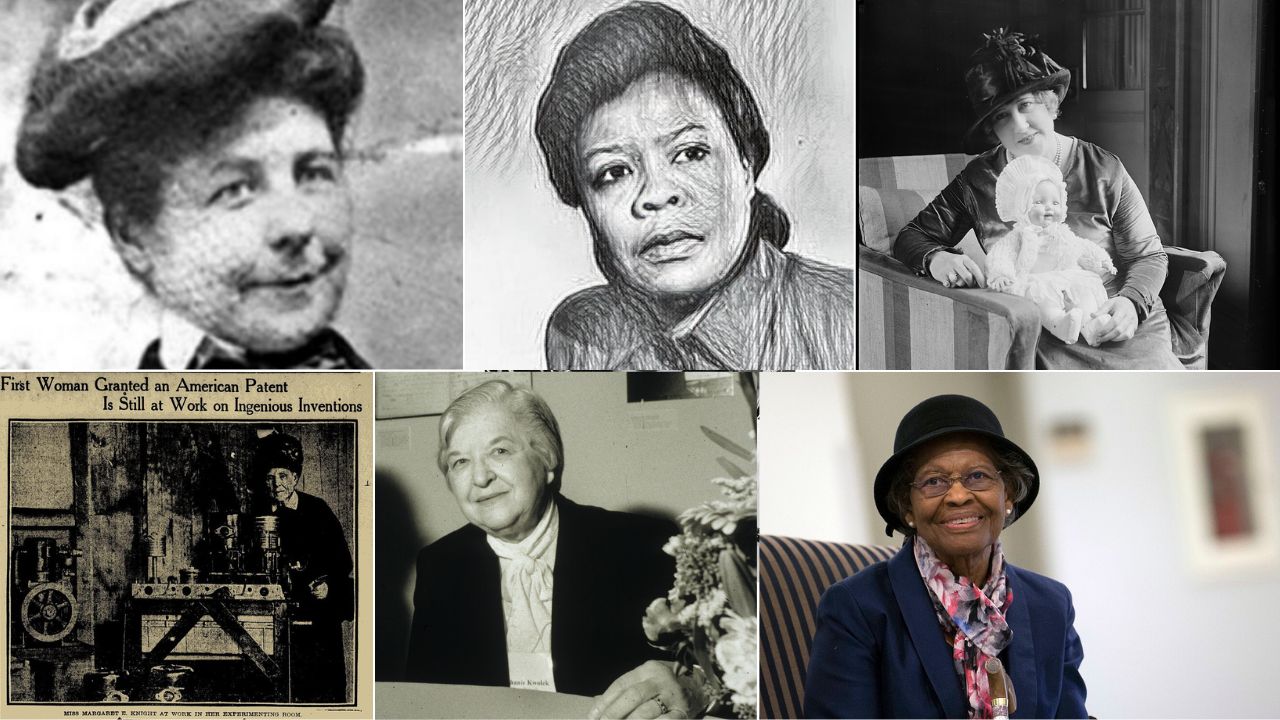Before the signature milestones of the 1970s, Black women were already reshaping American life through campaigns, courtrooms, and public service. They ran when ballots were hostile, argued law when classrooms shut them out, and insisted that skill would carry them where permission would not. Their wins were practical and symbolic at once. A seat in Congress, a gavel in a city court, a federal judgeship that set precedent. These stories are not footnotes. They are blueprints for how change actually happens.
Charlotta Bass, Trailblazing Vice Presidential Candidate
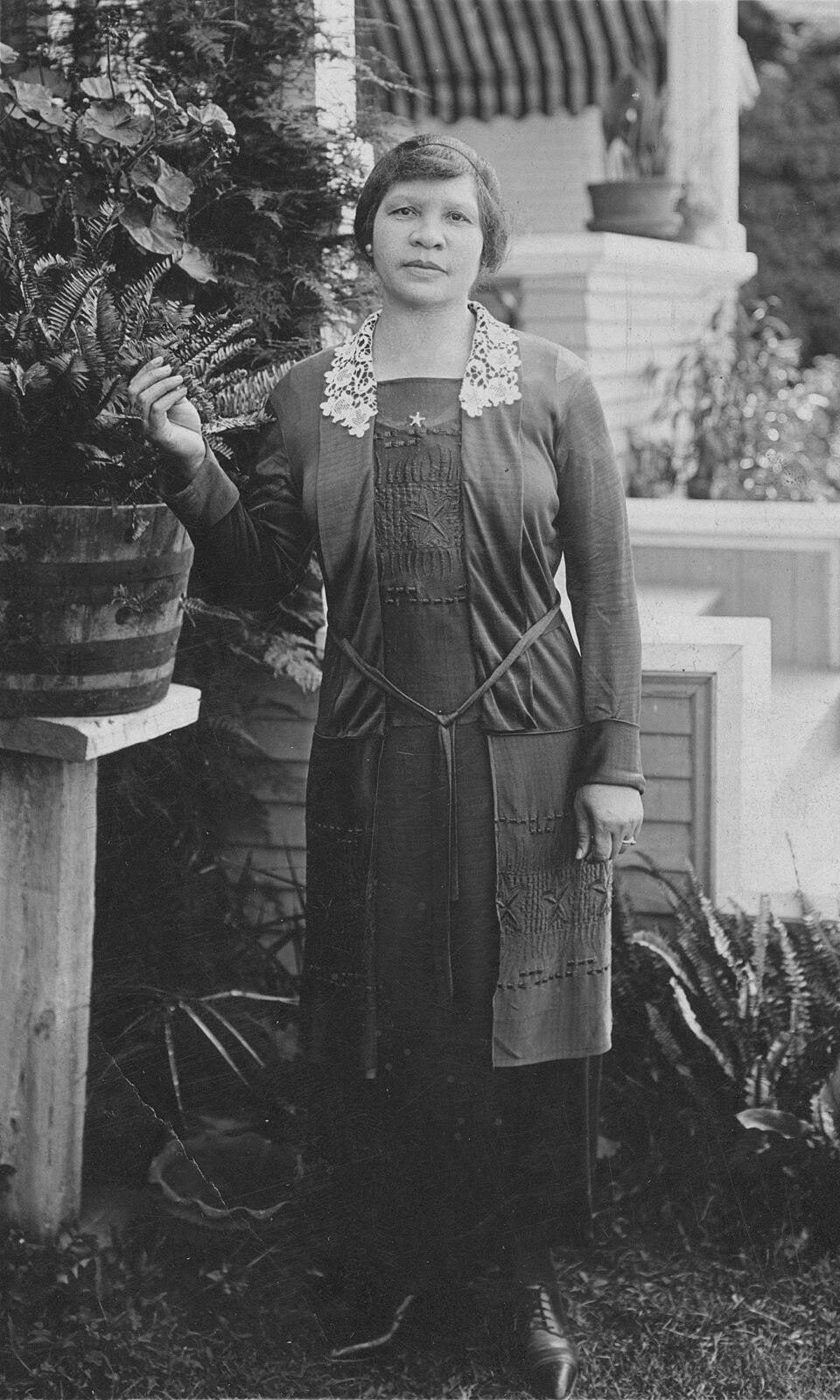
A fearless newspaper publisher and civic organizer, Charlotta Bass took the national stage in 1952 as the Progressive Party nominee for vice president, the first Black woman to appear on a major party ticket. She built her platform on civil rights, labor protections, and fair housing at a time when such positions cost votes. The run was long shot politics with long reach. It taught a generation that national office was not off limits, and it pushed debates that later candidates would adopt.
Shirley Chisholm, First Black Woman Elected to Congress
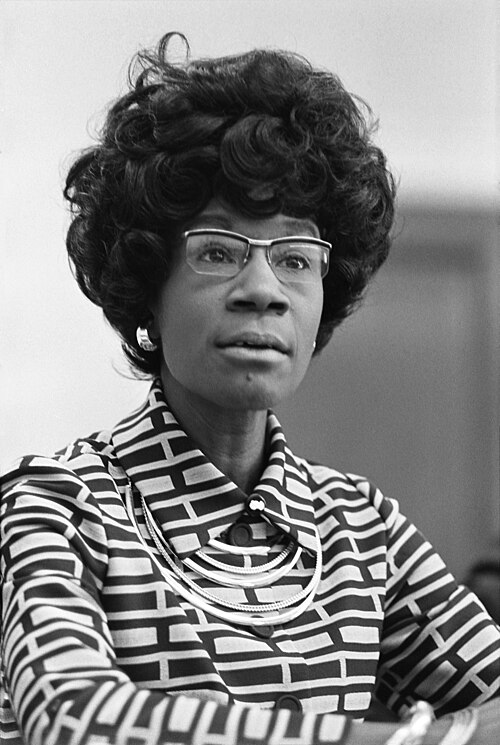
A Brooklyn educator and organizer, Shirley Chisholm won a House seat in 1968 and arrived with a plain promise to legislate for those who had been ignored. When assigned to Agriculture, she negotiated her way to Education and Labor so her district’s needs were not sidelined. She built coalitions across borough and party lines, focused on childcare, nutrition, and fair hiring, and proved that a new voice could move policy. Her victory set the stage for a broader run a few years later.
Constance Baker Motley, First Black Woman Federal Judge
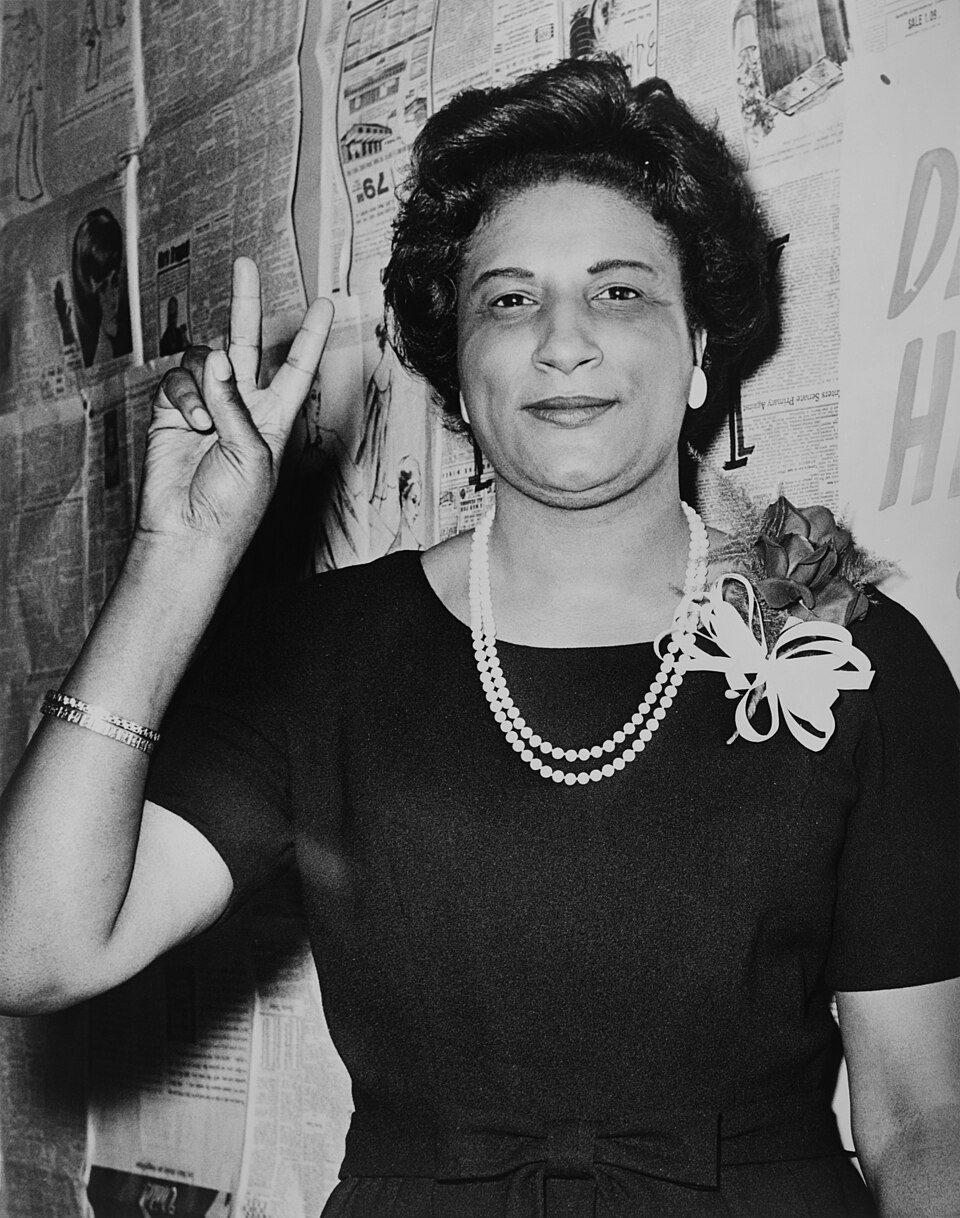
Constance Baker Motley helped write the legal strategy of school desegregation, argued landmark cases, and then made history on the bench. After becoming the first Black woman in the New York State Senate in 1964 and Manhattan Borough President in 1965, she was appointed in 1966 to the Southern District of New York, the first Black woman to hold a federal judgeship. On both sides of the bar she showed how precise legal work can expand rights that politics alone could not deliver.
Jane Bolin, First Black Woman Judge in the United States
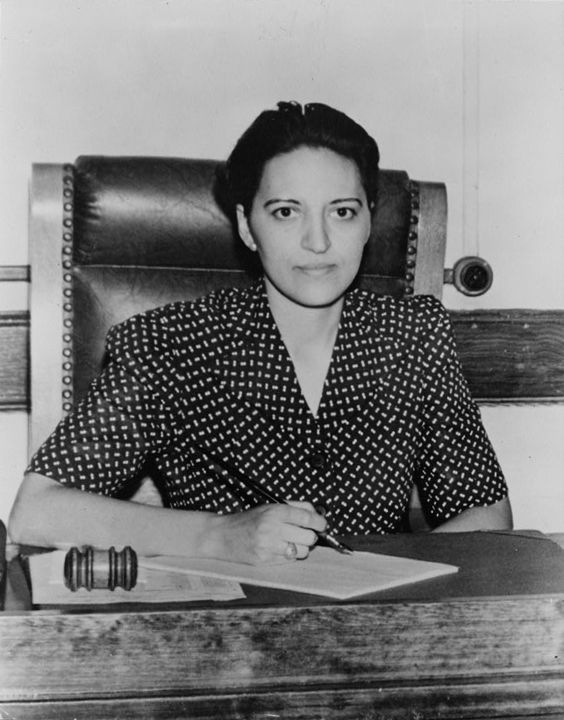
In 1939, Jane Bolin accepted appointment to New York City’s Domestic Relations Court, the first Black woman judge in the country. She brought a calm, exacting presence to family law, ended race based assignments for probation officers, and pressed for child welfare decisions grounded in need rather than stereotype. A Yale Law graduate at a time when few women were admitted, she turned quiet authority into daily reform, proving that dignity and data can move a system inch by inch.
Barbara Jordan, Barrier-Breaking Texas Legislator
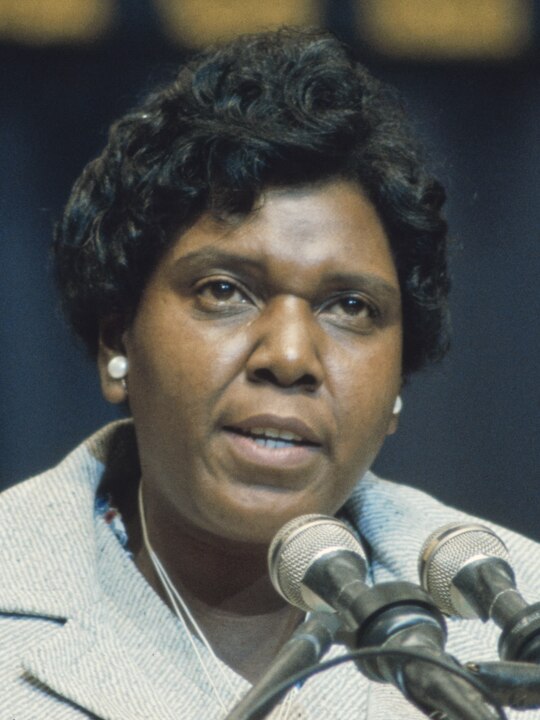
Barbara Jordan won a seat in the Texas Senate in 1966, the first Black woman to serve there and the first Black Texan elected to that body since Reconstruction. She mastered procedure, forged alliances, and advanced bills on fair employment and minimum wage protections. In 1969 she was chosen president pro tempore, a signal from colleagues that competence had overcome prejudice in the chamber. The groundwork she laid in Austin opened doors that would swing wider in the next decade.

